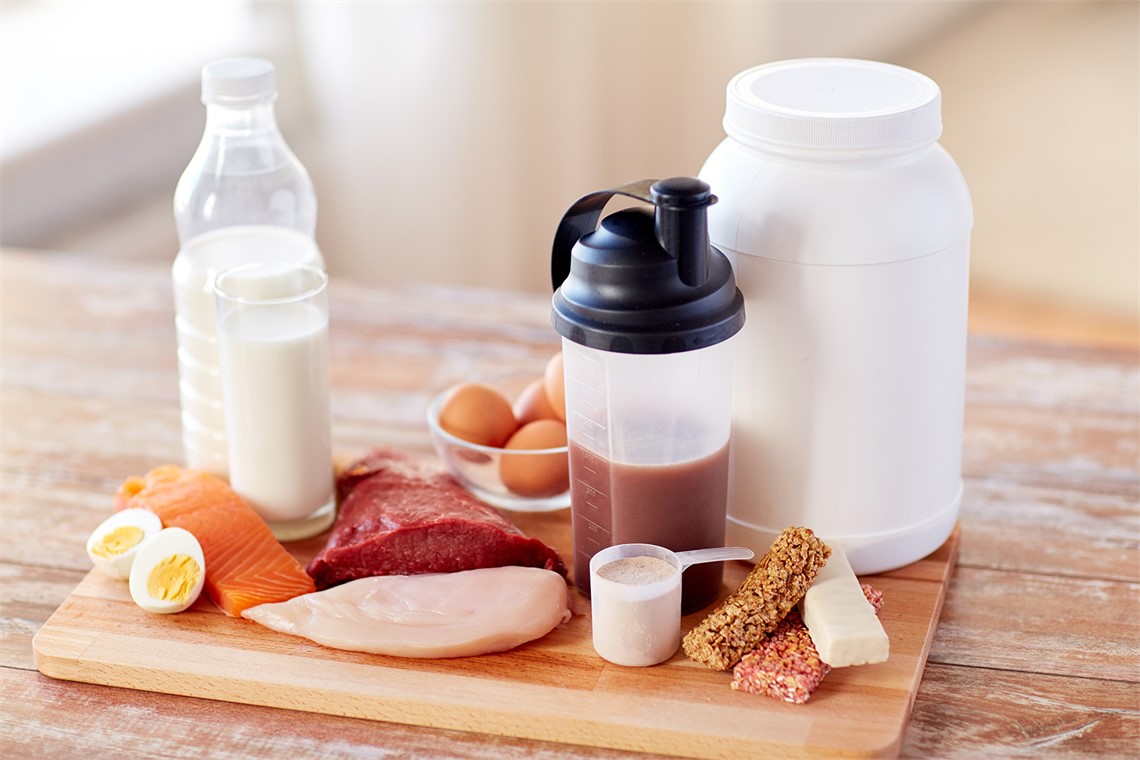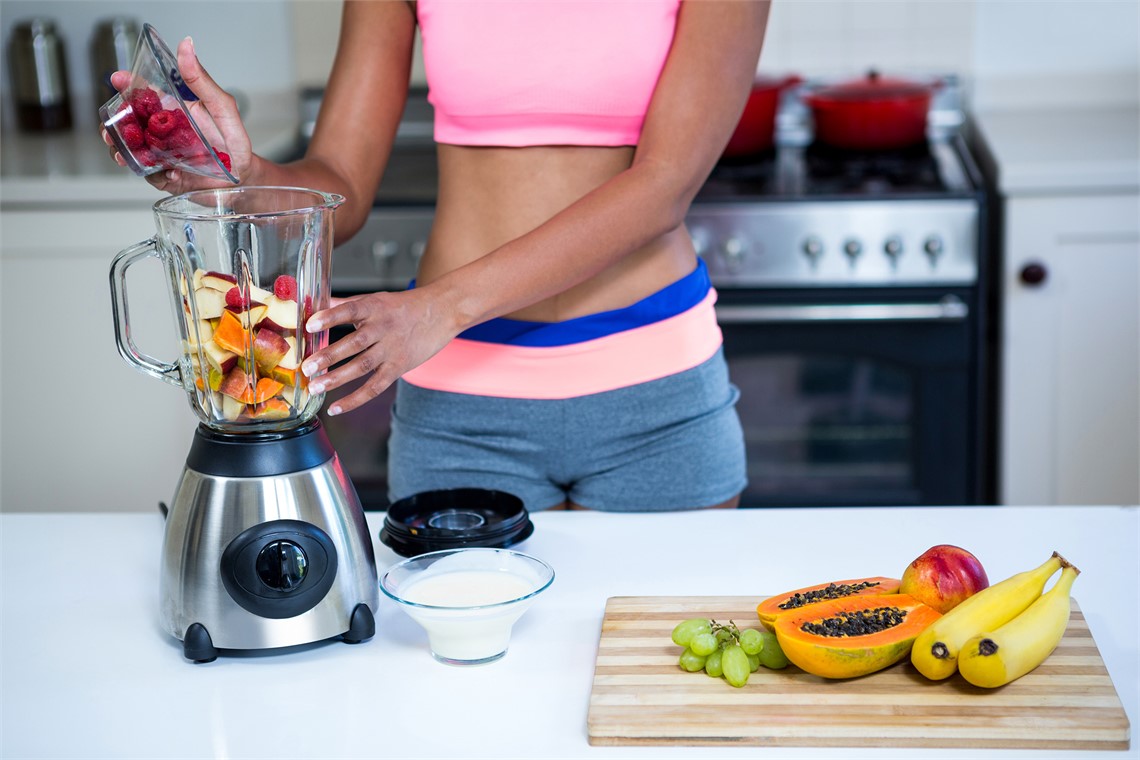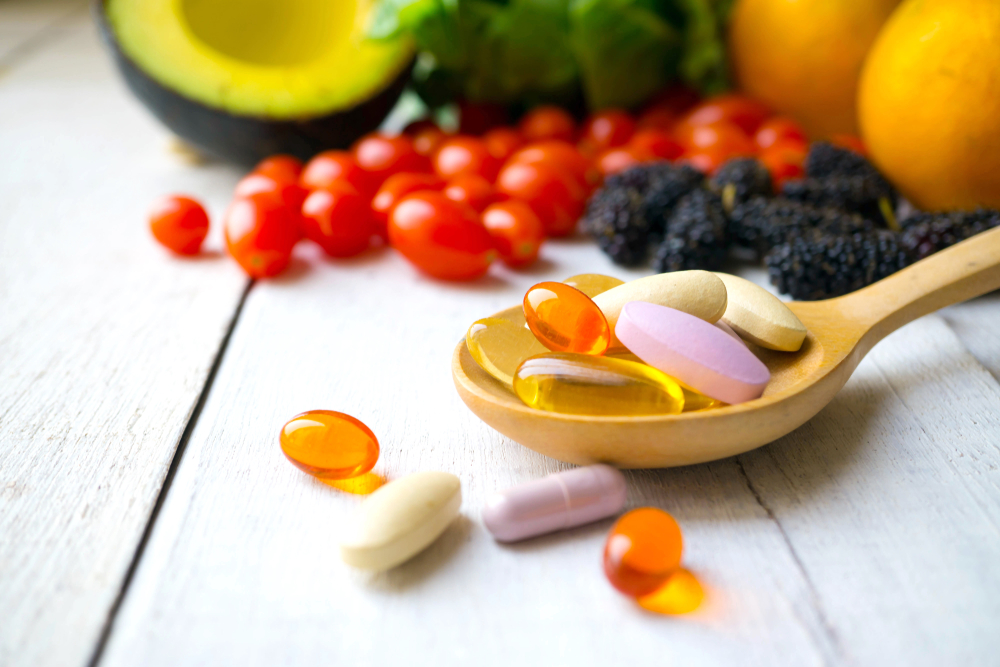Fedhealth Dream Chasers dietician Andrea du Plessis discusses optimising your running training with the perfect nutrition for muscle strength and recovery: dairy products and whey protein.
What’s in it for you?
Dairy products such as milk, yoghurt and cheese are known to help with muscle recovery and muscle repair after exercise, largely through the casein and whey proteins naturally occurring in milk. Whey protein supports the recovery of muscles after strenuous exercise and helps to build stronger muscles, if consumed within 30 minutes after exercise.
Milk
Whole milk and yoghurt contain the perfect natural balance of whey and casein proteins that are beneficial both for muscle recovery after exercise, as well as repair of damaged muscle cells and healthy appetite control.
As a post exercise drink, 500ml milk provides about 17 grams of protein, of which 82% is casein (14g) and 18% is whey (3g).
Milk and yoghurt provide the convenience of all the elements needed in a sports recovery drink: fluid, protein, carbohydrates and electrolytes.
Whey protein
Muscle recovery: Whey protein is a fast digesting dairy protein rich in branched chain amino acids (BCAA) such as leucine, isoleucine and valine. BCAA are valuable in repairing overworked muscles as the muscle cells rapidly absorb these nutrients to facilitate post-exercise repair. A strenuous workout damages muscle fibres, resulting in delayed onset muscle soreness (DOMS) two to three days after exercise. Taking whey protein can reduce muscle soreness and improve muscle recovery, notably if taken within 30 minutes after exercise.
Muscle strength: Whey protein provides muscle cells with much needed BCAA that are required for muscle growth and increased strength. A strenuous workout naturally causes muscle damage, which is in fact needed to stimulate muscle growth, provided the correct nutrients are present in the muscle cells. Ingestion of whey protein can promote muscle protein synthesis, which is required for building muscle tissue and increasing muscle strength.
How and how much whey protein?
- Most studies use a dose of 10-20 grams of whey protein pre- or post-exercise.
- A whey protein supplement with 70%+ protein is ideal: two heaped scoops or tablespoons provide optimum levels. Mix this into water or cold milk.
When?
Timing is vital: the best results with whey protein seem to be achieved within 30 minutes after exercise. Whey protein taken before exercise has also been shown to decrease muscle damage during exercise.
Practical tip: Keep your whey protein in your car or your gym bag. This will help ensure that you take your whey protein after every run, to maximise recovery for the next running session.
Easiest shortcut: If you don’t have whey protein powder, get your whey from milk! If you exercise away from home: grab a 250ml or 500ml container of milk from the nearest convenience store. Or if you’re at home, a tall glass of milk from your fridge will do the job; it’s a lot more cost effective too!
Taste: If you haven’t acquired the taste of unflavoured whey protein (it tastes a bit weird!), mix into 200ml water or milk: 1 level teaspoon of Nomu Skinny Hot Chocolate with 2 tablespoons of whey protein – whey too good to be true!
What if I’m lactose intolerant? Pea protein is the nearest equivalent to whey protein in terms of the amino acid composition. Pea protein powders and supplements can be found at leading pharmacies and health stores.
For more information, visit capetownmarathon.com or for any nutrition related questions, contact Andrea du Plessis on 084 403 6018, email andreaduplessis28@gmail.com or go to www.facebook.com/andreaduplessis.nutrition.expert
DISCLAIMER: The information on this website is for educational purposes only, and is not intended as medical advice, diagnosis or treatment. If you are experiencing symptoms or need health advice, please consult a healthcare professional.


























